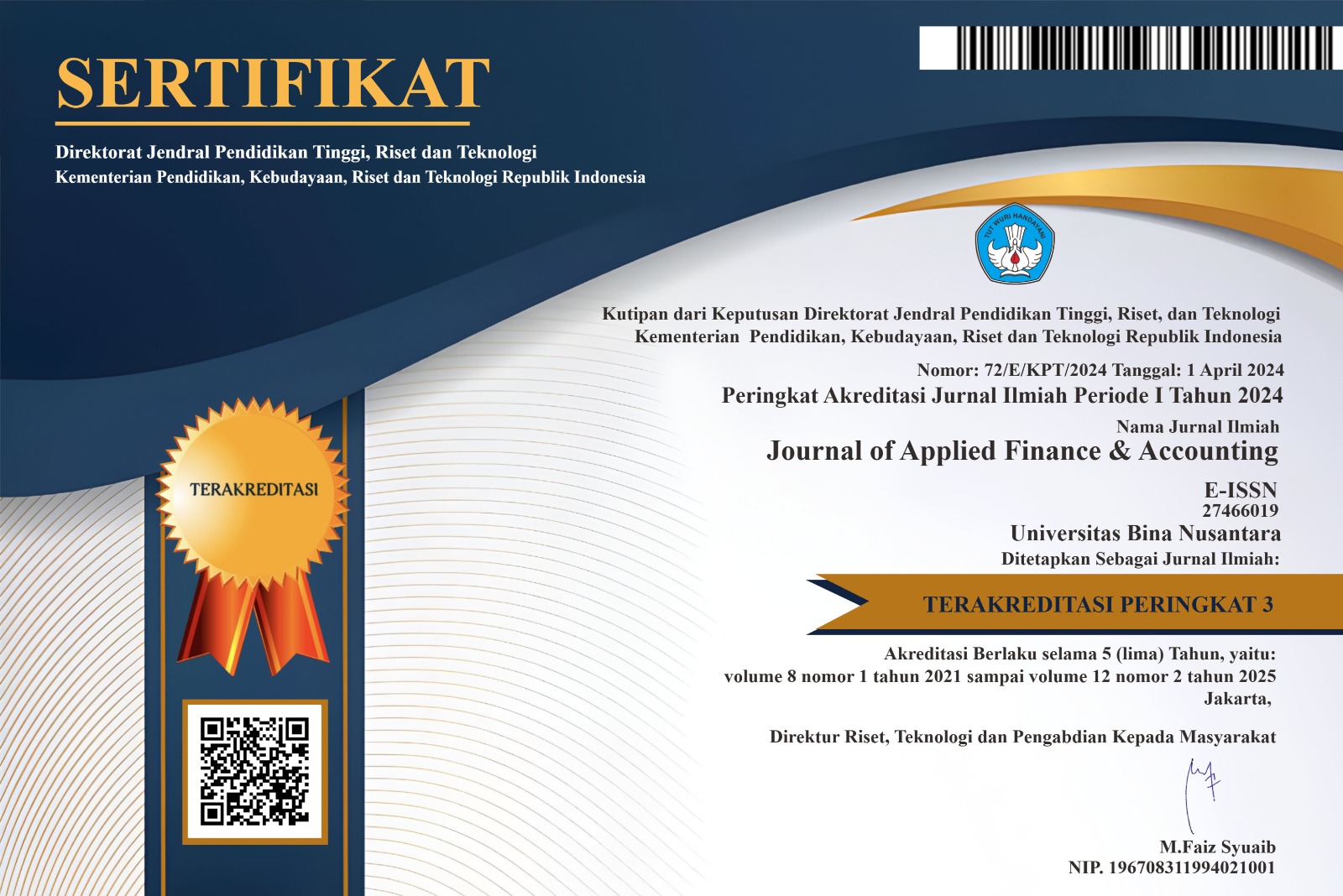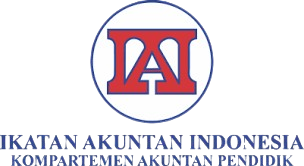ANALISIS KEPUASAN PENGGUNAAN SISTEM INFORMASI PERKREDITAN (STUDI KASUS: KOPERASI PERUMAHAN WANABAKTI NUSANTARA)
DOI:
https://doi.org/10.21512/jafa.v4i2.287Keywords:
informativeness, information format, easy of use, timeliness, reliability.Abstract
In the dynamic aviation business, change is a difficult thing to avoid, especially when it comes to the use of information technology. However, when information technology has been used, many problems can emerge and it is important to comply with the needs and expectations of management, as the company has often allocated large budgets for development. The users also need to know whether it meets their expectations or not. Measurements will be performed by comparing the independent variables of Informativeness, Information Format, Ease of Use, Timeliness and Reliability, as well as user aspects divided into a wide variety of factors, namely Age, Work Experience, , Background Department of Education, Training, and Old Computer Usage. Analysis was conducted on the gap analysis, linear regression analysis, and chi-square analysis. From the analyses there was found to be a significant gap between performance and user expectations in the KPWN credit information system. The regression analysis found that the only variable significantly related to user satisfaction was Reliability, and the chi-square analysis found that Educational Background significantly influenced user satisfaction.
Downloads
Published
Issue
Section
License
Authors who publish with this journal agree to the following terms:
Authors retain copyright and grant the journal right of first publication with the work simultaneously licensed under a Creative Commons Attribution License that allows others to share the work with an acknowledgement of the work's authorship and initial publication in this journal.
Authors are able to enter into separate, additional contractual arrangements for the non-exclusive distribution of the journal's published version of the work (e.g., post it to an institutional repository or publish it in a book), with an acknowledgement of its initial publication in this journal.
Authors are permitted and encouraged to post their work online (e.g., in institutional repositories or on their website) prior to and during the submission process, as it can lead to productive exchanges, as well as earlier and greater citation of published work (See The Effect of Open Access).




